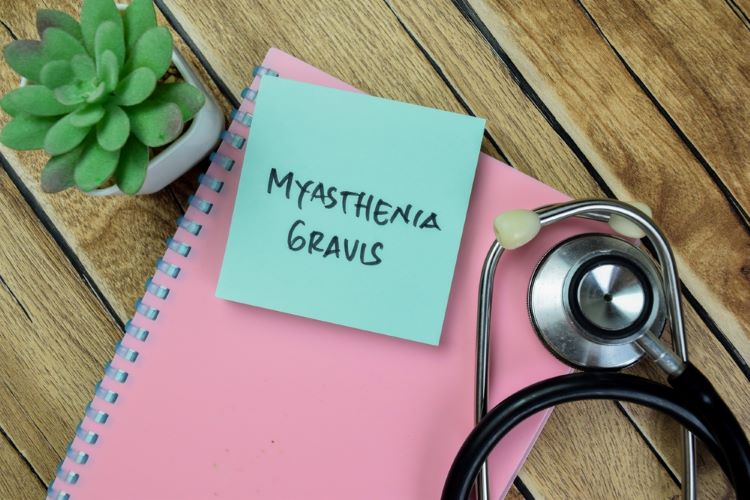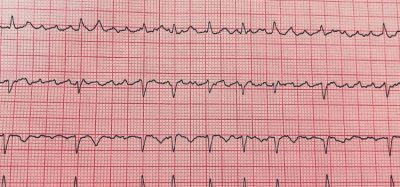Approval expanded for generalised myasthenia gravis medicine
Posted: 27 July 2023 | Catherine Eckford (European Pharmaceutical Review) | No comments yet
Extended EU approval of Soliris to paediatric generalised myasthenia gravis (gMG) patients is based on Phase III data which demonstrated improvement in disease severity through 26 weeks.


The first targeted therapy approved for paediatric patients with generalised myasthenia gravis (gMG) has been approved in the EU. Soliris (eculizumab) has been authorised for expanded use in children and adolescents aged six to 17 years who are anti-acetylcholine receptor (AChR) antibody-positive (Ab+).
This decision by the European Commission (EC) follows the positive opinion of the Committee for Medicinal Products for Human Use (CHMP). It is based on results from a Phase III clinical trial of Soliris in paediatric patients with refractory gMG.
Clinical evidence for Soliris
Clinical benefit was demonstrated in paediatric refractory gMG patients who previously failed immunosuppressive treatment and continued to experience significant unresolved disease symptoms.
Soliris showed “sustained improvements in disease severity of generalised myasthenia gravis through 26 weeks in a Phase III trial,” stated Dr John F Brandsema, Children’s Hospital of Philadelphia and primary investigator in the Phase III trial.
Approval of the first-in-class C5 inhibitor “offers hope for improved outcomes” for these patients, commented Marc Dunoyer, Chief Executive Officer of Alexion Pharmaceuticals.
Soliris is administered intravenously every two weeks. The medicine works by inhibiting the C5 protein in the terminal complement cascade within the body. When activated in an uncontrolled manner, the cascade over-responds, causing the body to attack healthy cells.
Soliris was first approved the EU in 2017 as a treatment for gMG. It is also approved for certain adults with gMG in the US, China and Japan, for paroxysmal nocturnal haemoglobinuria and atypical haemolytic uraemic syndrome.
Phase III trial in for paediatric patients with refractory gMG
The Phase III trial evaluated the safety and efficacy of Soliris in eleven patients aged 12 to 17 years old. The primary endpoint of change from baseline in Quantitative Myasthenia Gravis (QMG) total score at Week 26 was assessed along with multiple secondary endpoints evaluating improvement in disease-related and quality-of-life measures. Patients who completed the randomised control period were eligible to continue into an open-label extension period evaluating the safety and efficacy of Soliris, which is ongoing.
Related topics
Biologics, Biopharmaceuticals, Clinical Development, Clinical Trials, Drug Development, Industry Insight, Regulation & Legislation, Research & Development (R&D), Therapeutics
Related organisations
Alexion Pharmaceuticals, AstraZeneca, Committee for Medicinal Products for Human Use (CHMP), European Commission (EC)









